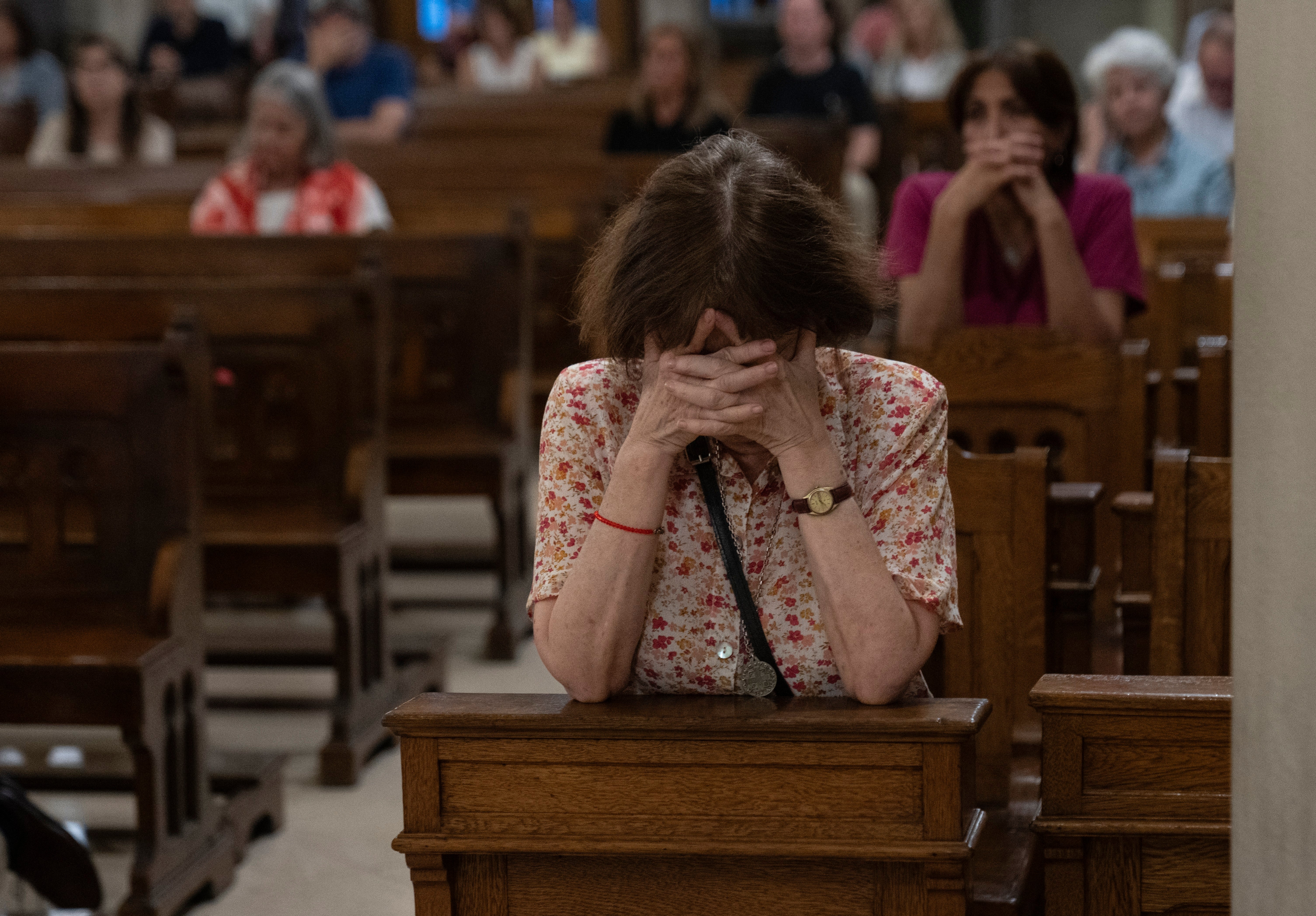
Pope Francis's recovery from pneumonia continues to progress, with the Vatican reporting he ate breakfast out of bed on Thursday following a sixth night at Rome's Gemelli hospital.
The update follows Wednesday's news of a “slight improvement” in the Pope’s condition, based on new blood tests.
The 88-year-old pontiff, who experienced acute pneumonia in 2023 and is susceptible to winter respiratory infections, was admitted to hospital on February 14 after a bout of bronchitis worsened.
Doctors diagnosed pneumonia in both lungs this week, coupled with a polymicrobial respiratory tract infection.
Francis is currently being treated with antibiotics and cortisone.
Medical experts have noted that pneumonia in elderly patients like Francis carries a heightened risk of complications due to the difficulty in expelling fluid from the lungs.
Treatment for pneumonia varies by severity but can include providing oxygen through a nasal tube or mask, intravenous fluids — and treatment of the underlying cause of the infection.
To date Francis is not known to be using supplemental oxygen, and he has eaten breakfast every day, read the newspapers and done some work from his hospital room.

The Pope's overall health is considered fragile. He uses a wheelchair due to knee problems, had part of a lung removed in his youth, and has previously admitted to being a less-than-cooperative patient.
Francis was visited on Wednesday by Italian Premier Giorgia Meloni, his first known VIP visitor. She reported after their 20-minute visit that Francis was in good spirits and had “joked around as always”.
The Vatican hasn't provided any information about how Francis is responding to any of the drugs he has been given other than to say he isn't running a fever.
Dr. Carmelo D’Asero, an infectious disease and geriatric disease expert in Rome, said Francis' lack of a fever was not necessarily a positive thing, given the seriousness of his infection.
“A high fever is a sign of an immune response to a pathogen,” he said.
“Having a low fever and having a serious bronchial infection ... is a sign of a decreased immune response and that makes us worry a little bit more, let’s say. Maybe if he had a fever, it would have been better.”







